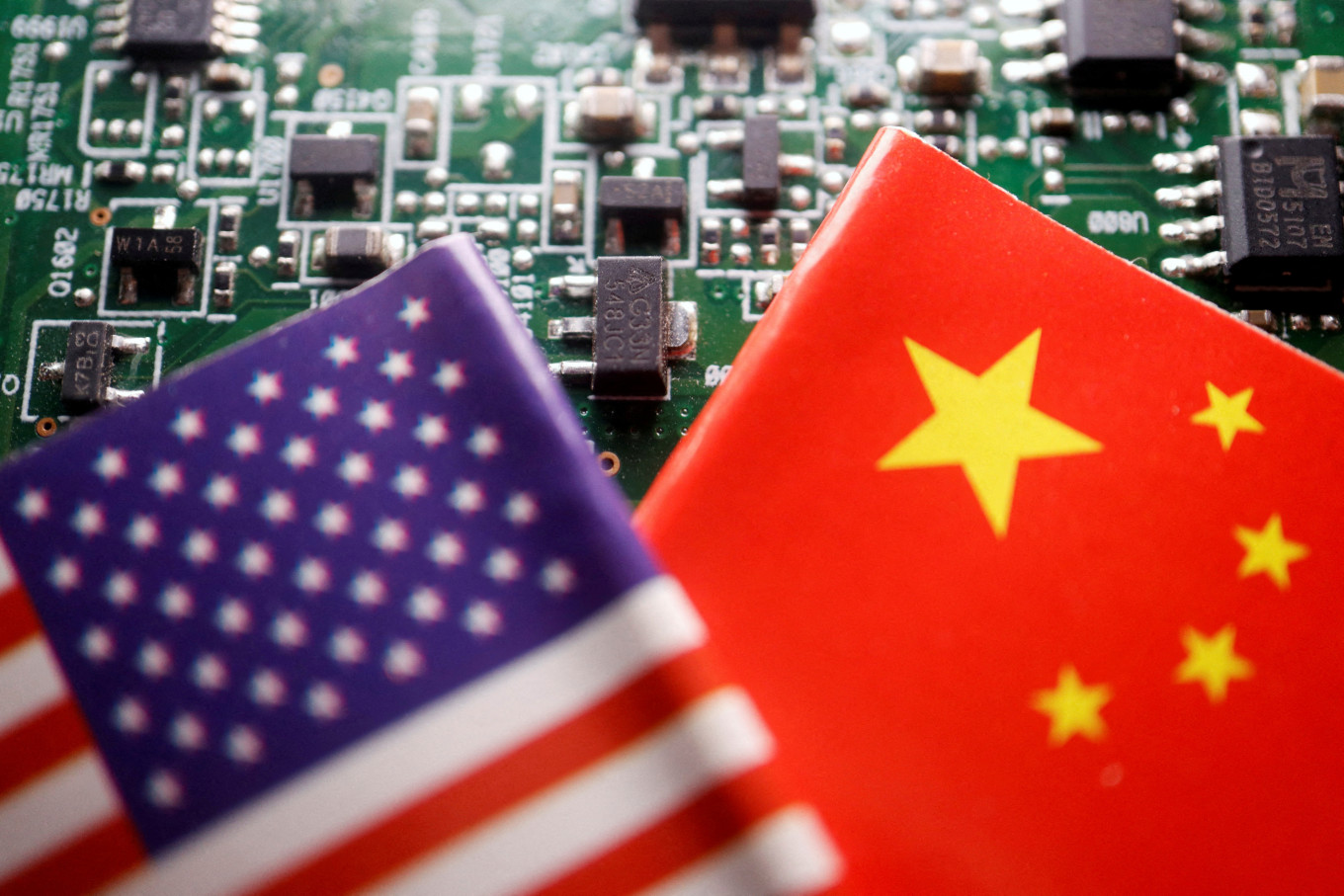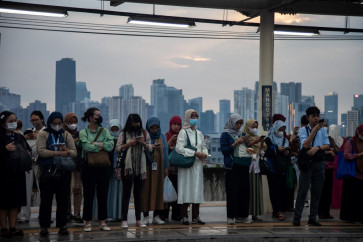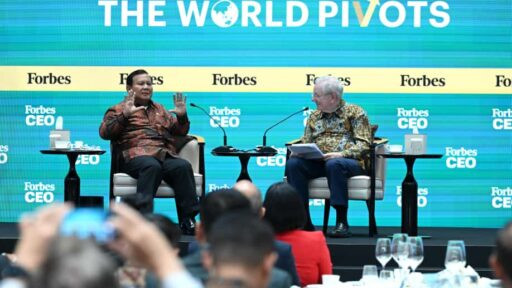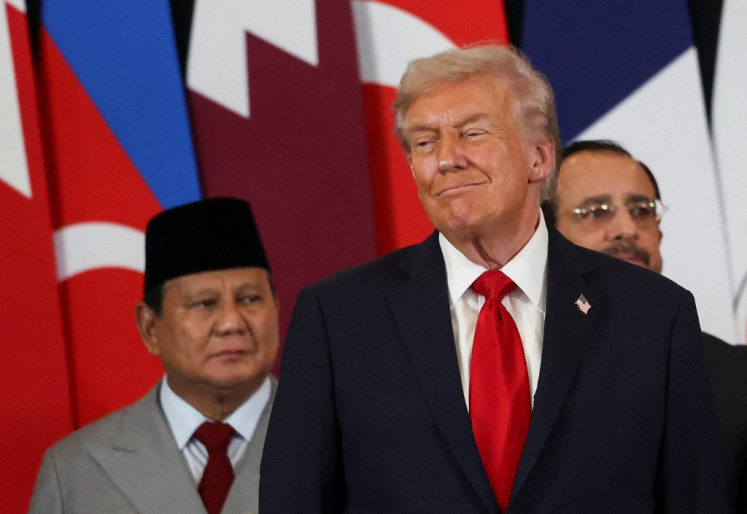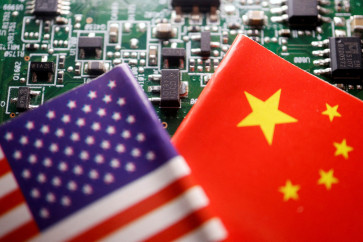Popular Reads
Top Results
Can't find what you're looking for?
View all search resultsPopular Reads
Top Results
Can't find what you're looking for?
View all search resultsOpportunities amid China-United States trade wars
If the United States shifts its import sources from China to Asian countries capable of producing substitute goods, it could create opportunities for Indonesia.
Change text size
Gift Premium Articles
to Anyone
T
he trade war between China and the United States has been escalating since 2018, leading to the imposition of tariffs by both countries.
Recently, the US has restricted China’s access to semiconductor technology and artificial intelligence and has started raising tariffs on various Chinese products, including battery parts (non-lithium-ion batteries), electric vehicles, lithium-ion electrical vehicle batteries, solar cells, steel and aluminum products. These tariff increases range from 25 to 50 percent over the initial rates. In response, China has also imposed tariffs on US imports, resulting in reciprocal increases between the two nations and negatively impacting trade flow for both countries.
We think the trade war could intensify, coinciding with the widening US trade deficit with China, which reached US$279 billion in 2023, making China the largest source of the US trade deficit.
From China’s perspective, the US is its largest export market, accounting for 39 percent of its total exports in 2023. China’s major export categories to the US include electrical machinery, mechanical appliances and furniture, which together account for 52 percent of total exports.
Meanwhile, China is the US’s second-largest import source after Mexico, accounting for 14 percent of US imports. Additionally, the trade war is fueled by issues related to intellectual property and national security, with the US accusing China of stealing technology and trade secrets, a claim China denies.
The US-China trade war has become one of the biggest challenges and opportunities for emerging market countries, including Indonesia. Both China and the US are key trading partners for Indonesia, with China and the US being its largest export markets, accounting for 25 and 9 percent of Indonesia’s exports, respectively. The crucial aspect now is how the escalating trade war affects third-party trading partners like Indonesia.
The trade war could negatively impact Indonesia’s economy. For example, in 2018, Indonesia experienced a significant trade deficit due to increased imports. Imports grew substantially due to high imports of machinery, mineral fuels, oil and their products, electrical machinery, metal, iron and steel, while exports grew less. Additionally, the trade war led to a decrease in soybean prices, which is closely related to the price of crude palm oil (CPO). Since CPO is currently the largest contributor to Indonesia’s export revenue, any disruption in this sector could significantly affect Indonesia’s industry and economy.

